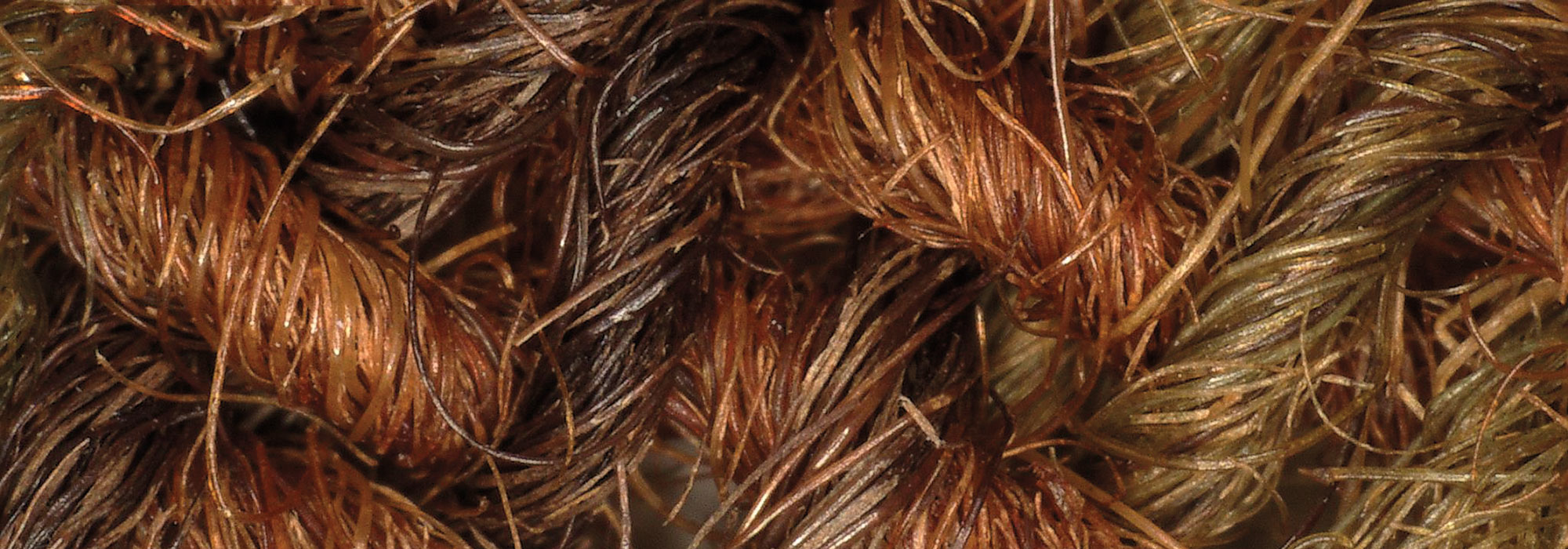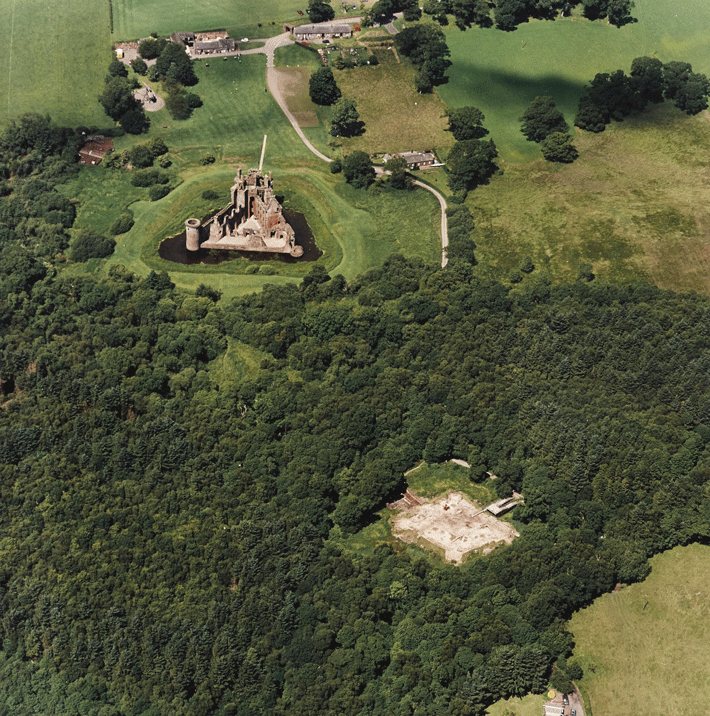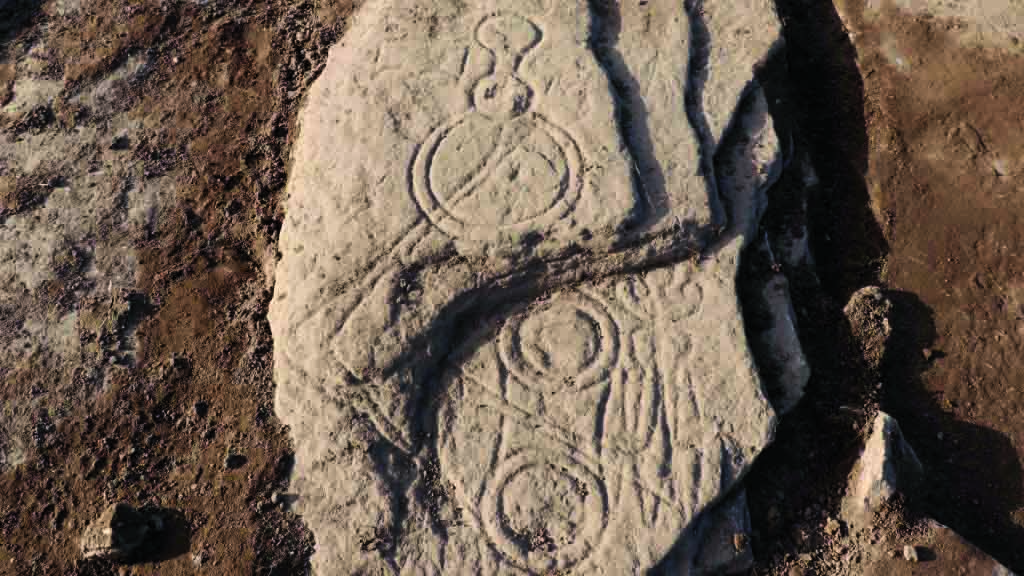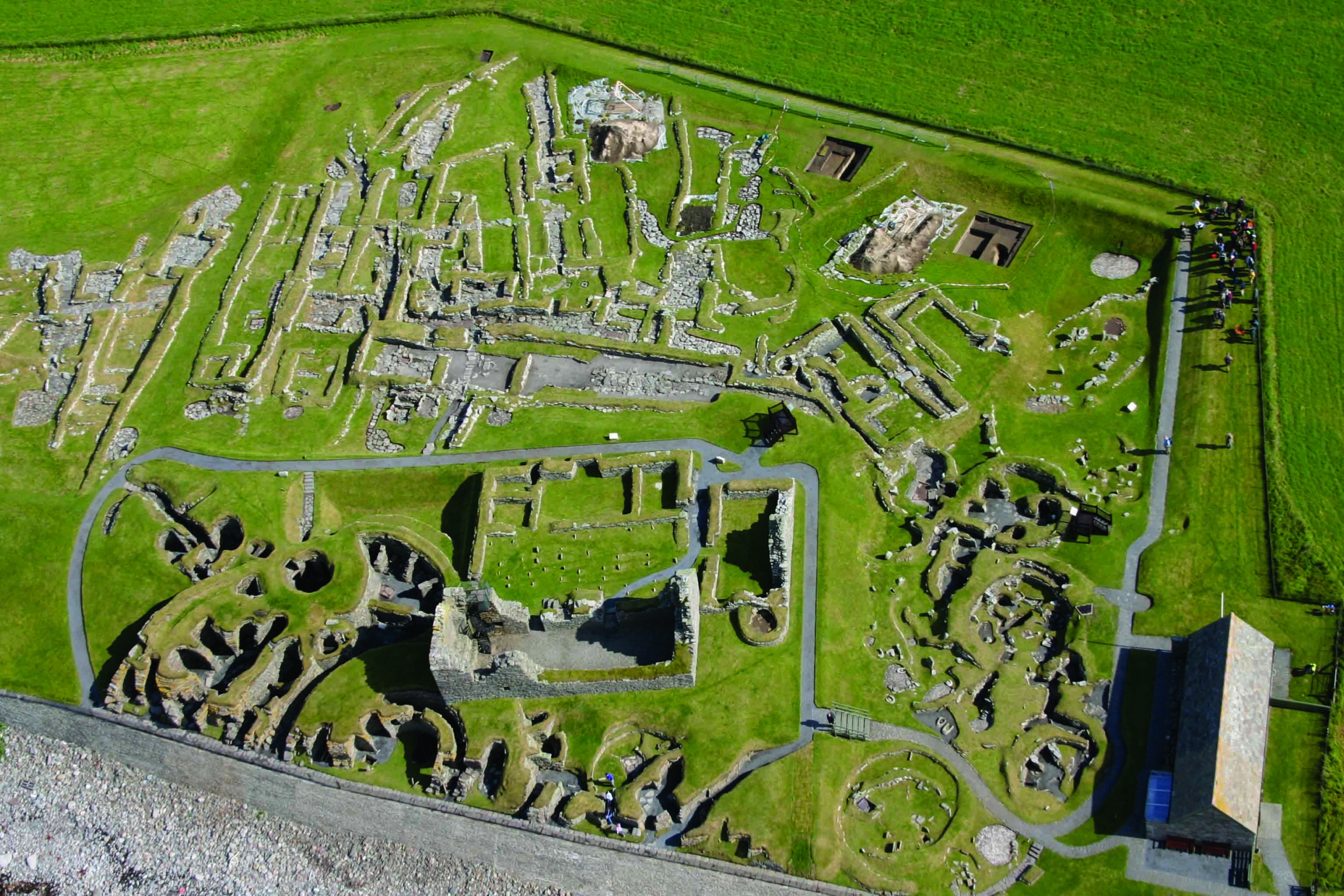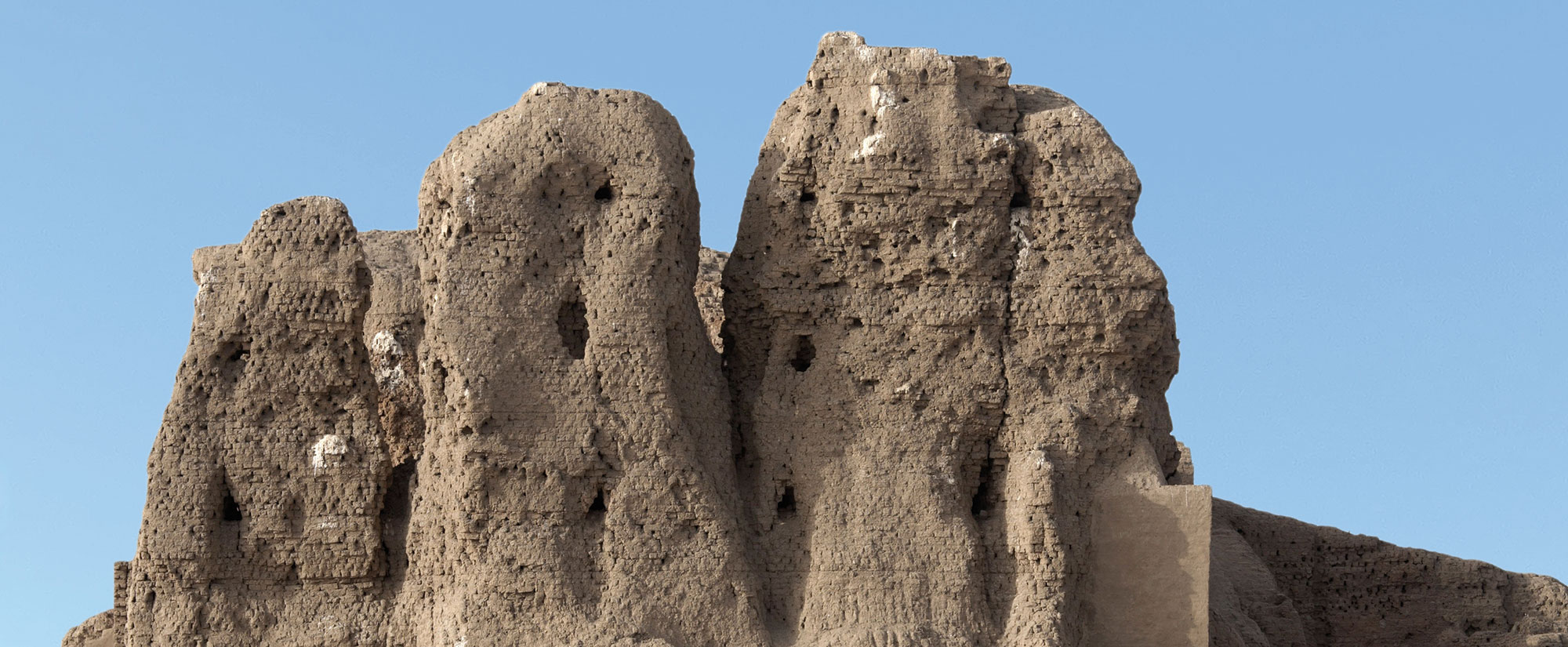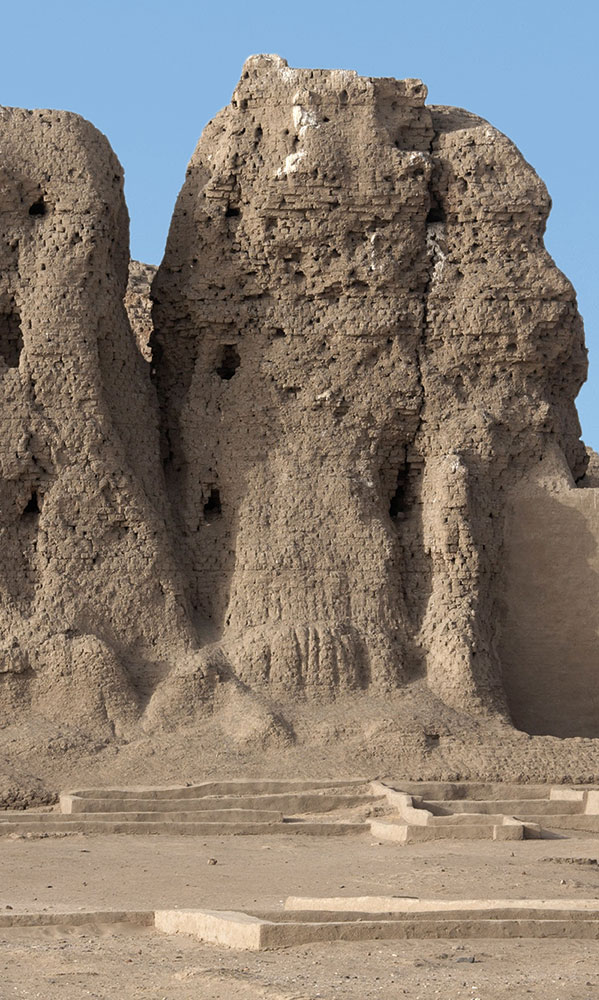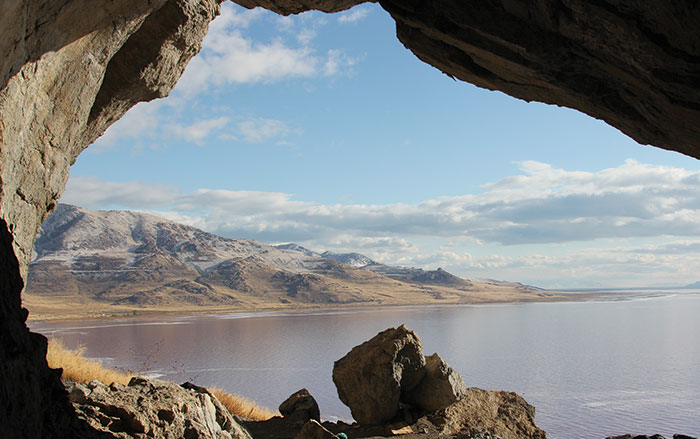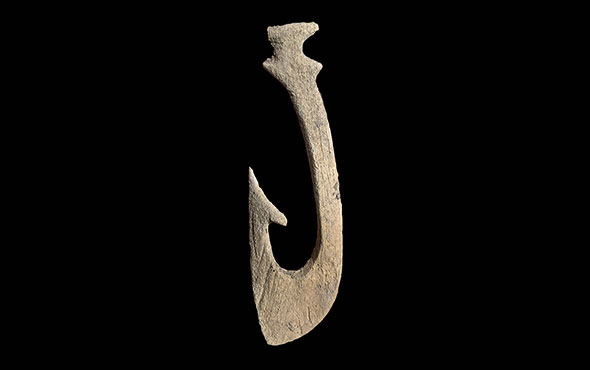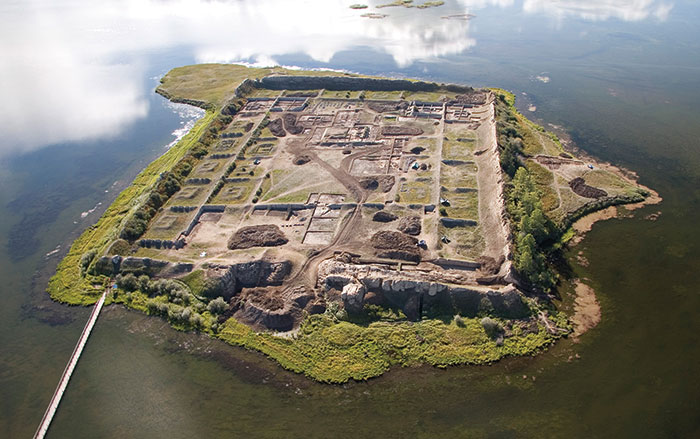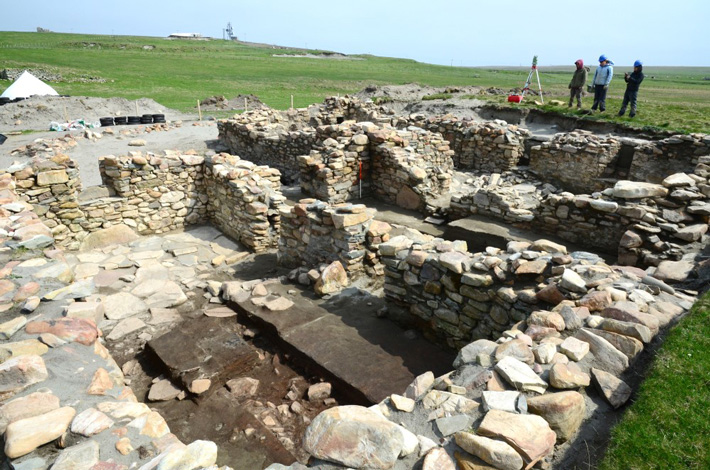
INVERNESS, SCOTLAND—According to a report in The Scotsman, Gerry Bigelow of Bates College and his colleagues have found evidence that someone returned to live in the Shetland island settlement of Broo after it was buried under more than six feet of sand in the late seventeenth century. The settlement is located more than a mile inland from the coast. Climate change during the Little Ice Age, a period of cooler temperatures between 1645 and 1715, may have contributed to the accumulation of sand. Scientists have also suggested that the people who lived on the island wiped out its natural protective dune system through oat farming, or that it might have been destroyed by burrowing rabbits. Bigelow and his team found that someone constructed a staircase over mounds of sand in order to create an entrance into a submerged outbuilding. “You would have to climb out of your house onto the landscape that keeps rising,” Bigelow said. “They did not abandon the house until the sand reached the eaves of the roof.” To read about a period of cooling during the Little Ice Age that may have been an effect of European colonization of the Americas, go to "Colonial Cooling."


